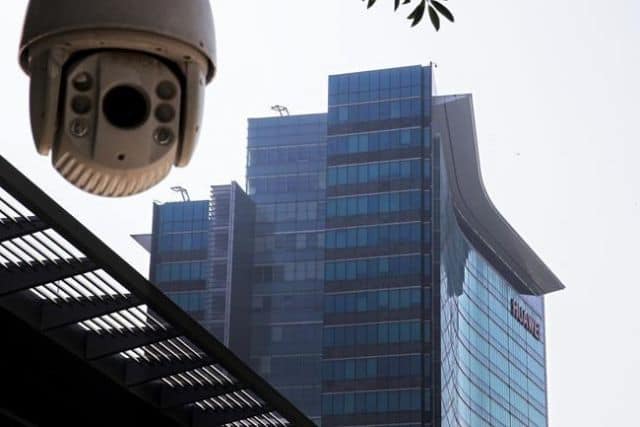
U.S. and Chinese negotiators start two days of high-level talks Wednesday aimed at settling a six-month trade war that has weakened both sides, shaken financial markets and clouded the outlook for the global economy.
Yet the odds seem stacked against any substantive resolution this week to the standoff between the world’s two biggest economies. Perhaps the best that might be hoped for, analysts say, is for the two sides to agree to keep talking.
The differences between Beijing and Washington are vast. The United States is essentially demanding that China downsize its economic aspiration to become a supreme world leader in such fields as robotics and electric cars.
“A comprehensive deal that fundamentally changes their system — I don’t think that’s possible,” said Christopher Adams, a former U.S. trade official specializing in China and now a senior adviser at the law firm Covington.
Earlier negotiations flamed out. And this time President Donald Trump might be inclined to drive an especially hard bargain after being forced to cave in a dispute with congressional Democrats that partially shut the federal government for 35 days.
Moreover, a new complication injected itself into U.S.-China relations on the eve of the talks when the Justice Department brought criminal charges Monday against the Chinese tech giant Huawei, accusing it of stealing technology secrets and violating sanctions against Iran. Beijing shot back by demanding that the Trump administration pull back from what it called an “unreasonable crackdown” on the Chinese maker of smartphones and telecom gear.
“We are anticipating no big outcomes this week,” said Erin Ennis, senior vice-president at the U.S.-China Business Council.
A deadline looms. On March 2, the Trump administration is scheduled to escalate its tariffs on $200 billion worth of Chinese imports from 10 per cent to 25 per cent.
The American delegation to this week’s talks is led by Trade Representative Robert Lighthizer, a longtime critic of aggressive Chinese trade practices and of U.S. policies that failed to blunt them. Heading the Chinese team is Vice Premier Liu He.
The core of the U.S. allegations against China is that Beijing systematically steals trade secrets, forces foreign companies to hand over technology as the price of access to the Chinese market and subsidizes its own tech companies.
But compelling China to reform its trade policies and treatment of foreign companies will be difficult.
“The idea of just grabbing (technology) however they can is kind of ingrained at this point,” said Amanda DeBusk, chair of the international trade practice at Dechert LLP and a former Commerce Department official. “You can’t just flip a switch” and expect China to drop long-established practices.
The administration has imposed tariffs on $250 billion in Chinese imports; Beijing has retaliated with import taxes on $110 billion in U.S. goods.
President Donald Trump has threatened to extend the tariffs to an additional $267 billion in Chinese goods. If he did, Trump’s import taxes would cover virtually everything China ships to the United States.


